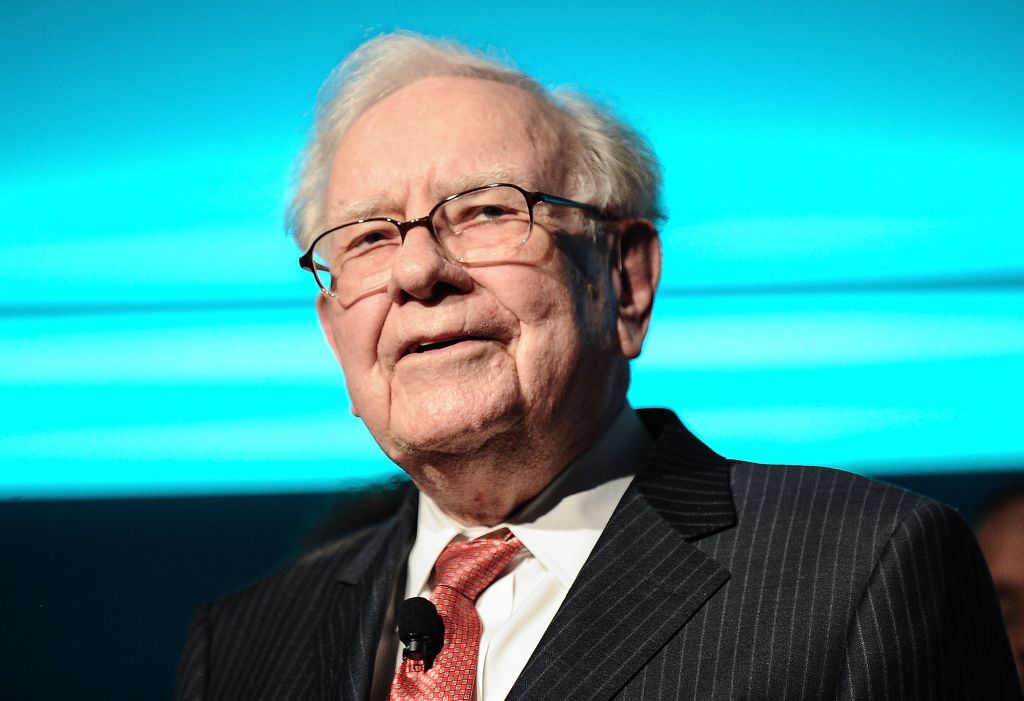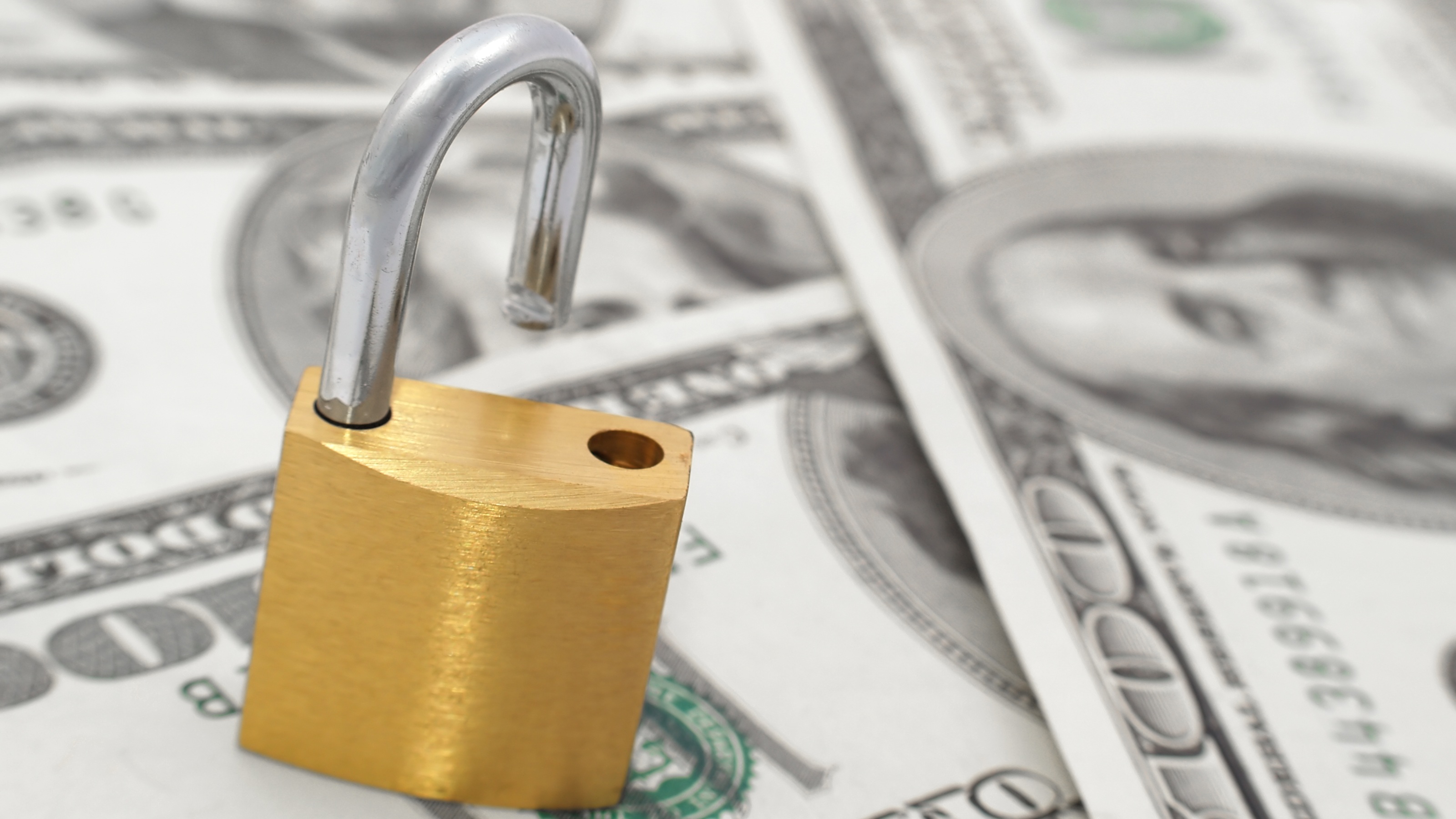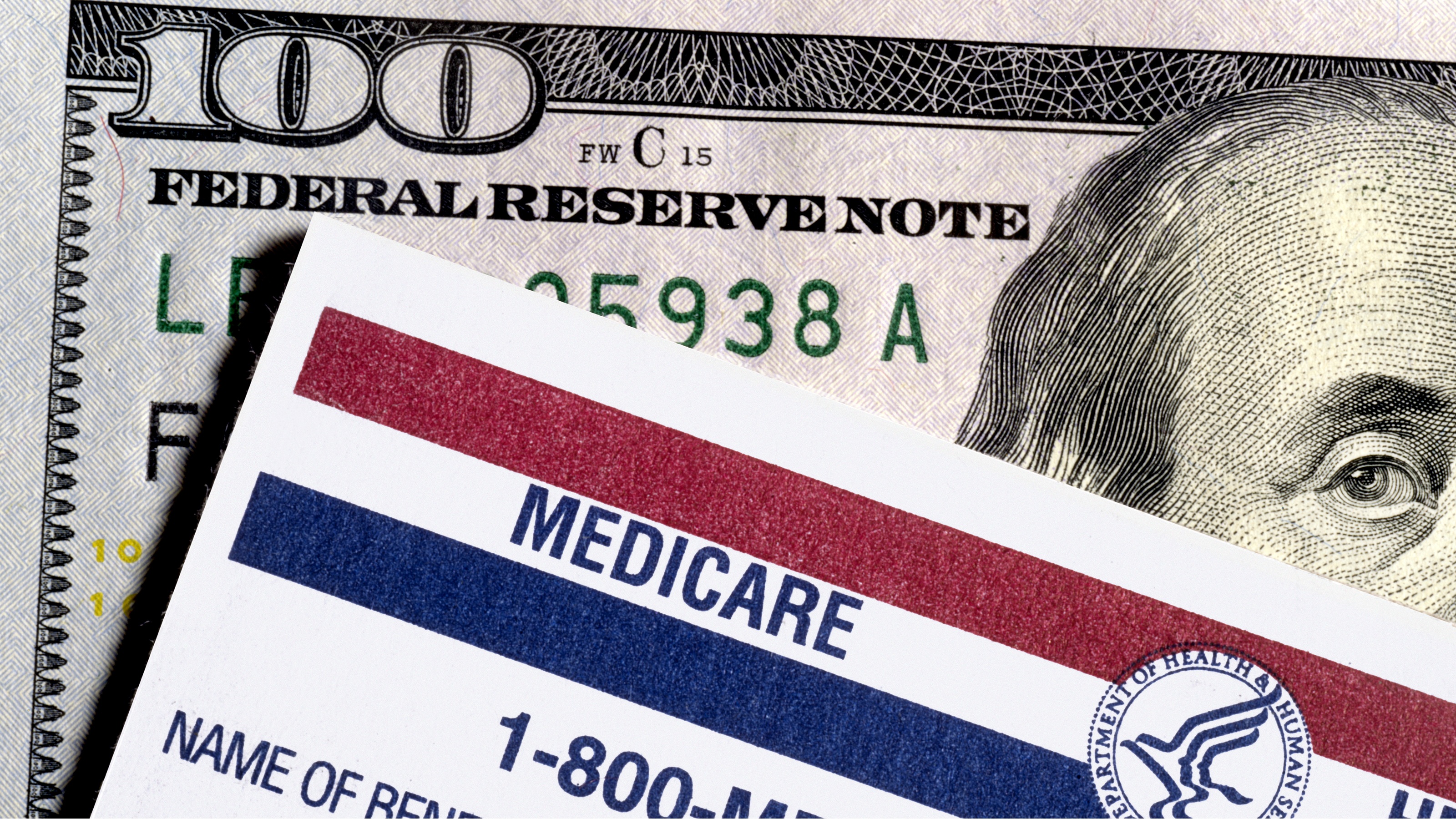The Next GameStop? 15 Stocks With High Short Interest
Stocks with high short interest are back in focus. But beware: the music could stop at any moment.


The meme stock trading frenzy has suddenly sprung back to life, with shares in GameStop (GME) and AMC Entertainment Holdings (AMC) blasting higher thanks to … well, let's call it speculative enthusiasm on social media.
GameStop rose by nearly three-quarters in a single session after one of the biggest boosters of the first meme-stock frenzy returned to the internet trenches following a multi-year absence. Apparently, a cryptic post on X by Keith Gill, aka "Roaring Kitty," was all it took to once again set off squeezes in some heavily shorted names.
Meme stocks tend to prompt consternation and confusion among normie market participants, but then that's just part of the fun. While it's technically true that meme stocks offer the remote possibility of earning penny-stock-like returns, they mostly seem to function as a source of nihilistic belly laughs for a select community of day traders.

Sign up for Kiplinger’s Free E-Newsletters
Profit and prosper with the best of expert advice on investing, taxes, retirement, personal finance and more - straight to your e-mail.
Profit and prosper with the best of expert advice - straight to your e-mail.
Either way, it appears the retail raiding hordes are back. They are piling into stocks with high short interest – in other words, companies where many shares are being used to bet against the stock – with the intention of setting off a short squeeze.
A quick primer: hedge funds and other market participants can bet against a stock by "shorting" it. But those bears sometimes get it wrong, and when they do, it can trigger an effect called a "short squeeze."
Stocks with high short interest
You can learn more about how short squeezes work in our explainer, but in brief, it's a phenomenon that occurs when buying pressure in a stock forces shorts to unwind their negative bets – which they can do only by purchasing the stock – fueling a virtuous cycle that sends shares aggressively higher.
To get a sense of where the next short squeeze candidate might come from, we've put together a table of the 15 stocks with the highest short interest by shares outstanding in the broad Russell 3000 Index, according to the latest data available from YCharts.
But first, a caveat: going long on a stock with high short interest thinking you're going to get rich off panic-buying by short sellers is an exceedingly dangerous idea. It's at least as risky as shorting stocks with high short interest in the first place.
When it comes to playing around with high short interest stocks, unless you are uncommonly lucky, let's just say the risks greatly outweigh the rewards.
| Company | Ticker | % of shares outstanding sold short |
|---|---|---|
| Beyond Meat | BYND | 39.1 |
| Biomea Fusion | BMEA | 38.9 |
| Arbor Realty Trust | ABR | 38.5 |
| Cutera | CUTR | 37.6 |
| Medical Properties Trust | MPW | 37.0 |
| Kohl's | KSS | 32.8 |
| Sunnova Energy | NOVA | 32.3 |
| Cassava Sciences | SAVA | 32.1 |
| Novavax | NVAX | 32.0 |
| Altimmune | ALT | 31.5 |
| EVgo | EVGO | 30.2 |
| B. Riley Financial | RILY | 29.9 |
| Trupanion | TRUP | 29.5 |
| iRobot | IRBT | 29.3 |
| Medifast | MED | 28.5 |
Related content
Profit and prosper with the best of Kiplinger's advice on investing, taxes, retirement, personal finance and much more. Delivered daily. Enter your email in the box and click Sign Me Up.

Dan Burrows is Kiplinger's senior investing writer, having joined the publication full time in 2016.
A long-time financial journalist, Dan is a veteran of MarketWatch, CBS MoneyWatch, SmartMoney, InvestorPlace, DailyFinance and other tier 1 national publications. He has written for The Wall Street Journal, Bloomberg and Consumer Reports and his stories have appeared in the New York Daily News, the San Jose Mercury News and Investor's Business Daily, among many other outlets. As a senior writer at AOL's DailyFinance, Dan reported market news from the floor of the New York Stock Exchange.
Once upon a time – before his days as a financial reporter and assistant financial editor at legendary fashion trade paper Women's Wear Daily – Dan worked for Spy magazine, scribbled away at Time Inc. and contributed to Maxim magazine back when lad mags were a thing. He's also written for Esquire magazine's Dubious Achievements Awards.
In his current role at Kiplinger, Dan writes about markets and macroeconomics.
Dan holds a bachelor's degree from Oberlin College and a master's degree from Columbia University.
Disclosure: Dan does not trade individual stocks or securities. He is eternally long the U.S equity market, primarily through tax-advantaged accounts.
-
 Higher Summer Costs: Tariffs Fuel Inflation in June
Higher Summer Costs: Tariffs Fuel Inflation in JuneTariffs Your summer holiday just got more expensive, and tariffs are partially to blame, economists say.
-
 Don’t Miss Alabama Tax-Free Weekend 2025
Don’t Miss Alabama Tax-Free Weekend 2025Tax Holiday Ready to save? Here’s everything you need to know about the 2025 back-to-school Alabama sales tax holiday.
-
 If You'd Put $1,000 Into Berkshire Hathaway Stock 20 Years Ago, Here's What You'd Have Today
If You'd Put $1,000 Into Berkshire Hathaway Stock 20 Years Ago, Here's What You'd Have TodayBerkshire Hathaway is a long-time market beater, but the easy money in BRK.B has already been made.
-
 New SALT Cap Deduction: Unlock Massive Tax Savings with Non-Grantor Trusts
New SALT Cap Deduction: Unlock Massive Tax Savings with Non-Grantor TrustsThe One Big Beautiful Bill Act's increase of the state and local tax (SALT) deduction cap creates an opportunity to use multiple non-grantor trusts to maximize deductions and enhance estate planning.
-
 Know Your ABDs? A Beginner's Guide to Medicare Basics
Know Your ABDs? A Beginner's Guide to Medicare BasicsMedicare is an alphabet soup — and the rules can be just as confusing as the terminology. Conquer the system with this beginner's guide to Parts A, B and D.
-
 I'm an Investment Adviser: Why Playing Defense Can Win the Investing Game
I'm an Investment Adviser: Why Playing Defense Can Win the Investing GameChasing large returns through gold and other alternative investments might be thrilling, but playing defensive 'small ball' with your investments can be a winning formula.
-
 Stock Market Today: Powell Rumors Spark Volatile Day for Stocks
Stock Market Today: Powell Rumors Spark Volatile Day for StocksStocks sold off sharply intraday after multiple reports suggested President Trump is considering firing Fed Chair Jerome Powell.
-
 Callable CDs Have High Rates: We Still Don't Recommend You Get Them
Callable CDs Have High Rates: We Still Don't Recommend You Get ThemInvestors must carefully consider the trade-offs, as falling interest rates could lead to reinvestment at a lower yield and make selling on the secondary market difficult.
-
 Five Big Beautiful Bill Changes and How Wealthy Retirees Can Benefit
Five Big Beautiful Bill Changes and How Wealthy Retirees Can BenefitHere's how wealthy retirees can plan for the changes in the new tax legislation, including what it means for tax rates, the SALT cap, charitable giving, estate taxes and other deductions and credits.
-
 Portfolio Manager Busts Five Myths About International Investing
Portfolio Manager Busts Five Myths About International InvestingThese common misconceptions lead many investors to overlook international markets, but embracing global diversification can enhance portfolio resilience and unlock long-term growth.